 Chilling Out is where TrunkSpace talks all things horror and genre with those who work in the projects that give us the thrills and chills to keep coming back for more. This time out we’re talking with Cortney Palm, an actress who has appeared in films like “Zombeavers,” “Death House,” and “Sushi Girl.” And although she enjoys the genre just as much as the rest of us, it is a different type of film, those that have something meaningful to say about humanity and our world, that she is most drawn to these days.
Chilling Out is where TrunkSpace talks all things horror and genre with those who work in the projects that give us the thrills and chills to keep coming back for more. This time out we’re talking with Cortney Palm, an actress who has appeared in films like “Zombeavers,” “Death House,” and “Sushi Girl.” And although she enjoys the genre just as much as the rest of us, it is a different type of film, those that have something meaningful to say about humanity and our world, that she is most drawn to these days.
We sat down with Palm to talk about her particular set of (police) skills, how she got her start in horror, and what type of movie she would make today if she were given a cool 20 million to spend.
TrunkSpace: We read that there was a time when you actually stepped away from acting for awhile, but it ultimately pulled you back?
Palm: Kind of. It’s sort of a long story. I started when I was younger and I was doing things in Colorado… beauty pageants and shit like that. And then I went to California to get my undergrad, so I started acting then, but I never really fully went away from it. I got my master’s while I was filming “Zombeavers.” It was an online school, so I never really stepped away. I just sort of fell off the map a little bit. (Laughter)
TrunkSpace: Your focus in school wasn’t entirely acting though, correct?
Palm: My undergrad was in theater and then I decided, “Well, I need something more substantial than that. This business is kind of difficult financially and I’m going to be a cop.” So, I was like, “Okay, as a cop, what can I do?” So I got my master’s in forensic psychology so that I could actually help implement change in the police departments because I felt like there were a lot of ways that could be fixed in terms of the academy and how the officers are trained and internally how they could work with criminal offenders in the justice system. So that’s what I was going to start doing and instead I booked like seven films the following year and I just got swamped.
I actually applied for Santa Monica PD and I went all the way through backgrounds. I was one of the top candidates in the agility 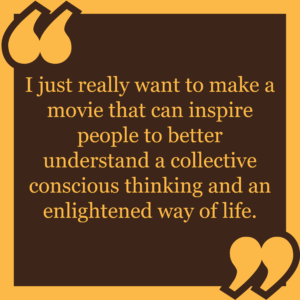 course. I made it all the way to backgrounds and was about to have my Chief’s interview and they were like, “Sooooo… you were naked in movies. How is that going to affect you when you’re in court?” And I was just like, “It’s not.” But, basically I think that’s the reason why I got denied. I was like, you know what, fuck it. I’m done. I don’t care about the police department anymore and I’m moving on.
course. I made it all the way to backgrounds and was about to have my Chief’s interview and they were like, “Sooooo… you were naked in movies. How is that going to affect you when you’re in court?” And I was just like, “It’s not.” But, basically I think that’s the reason why I got denied. I was like, you know what, fuck it. I’m done. I don’t care about the police department anymore and I’m moving on.
TrunkSpace: Having that police-based skill set must also be beneficial when navigating the Hollywood landscape, particularly on the psychology side of things.
Palm: Oh yeah. Definitely. It’s an asset for sure. Not only for dealing with people and being more comfortable in front of people, but also for stunts. I remember we were filming “Death House” and my costar Cody Longo and I were just clueless how to hold a gun and our flashlight at the same time. We were like, “What are we doing?” (Laughter) The following day we actually had some training.
TrunkSpace: You’ve appeared in a number of horror and genre movies. Was that always the intention in terms of the types of projects you wanted to be involved in?
Palm: I’ve always loved horror. Not necessarily the gritty kind of grindhouse kind of horror. I really liked “Mirrors” and “The Descent” and “Child’s Play,” even though that is kind of genre. “Gremlins” and things like that.
TrunkSpace: “The Descent” is a great horror movie in that the fears exist on multiple layers. Not only are there creatures involved, but there’s this claustrophobic feeling to the film that rubs off on the viewers.
Palm: Oh, it’s so well done. Their fear feels so real. Yeah, the fact that they can’t get out of the space because they’re stuck in it… it definitely freaks you out. I’ve just always loved horror films like that.
I was actually in college and my friend’s bed kept getting wet and nobody knew what was going on. So then we went to the movies and we watched “The Exorcism of Emily Rose” and then we came back and her bed was wet again. We’re like, “What the hell is going on!?!?” So then I got on her bed and I started acting possessed, like I was Emily Rose. I was really into it. And so they called the school pastor and the RAs and called the cops. I was like, “What the fuck you guys? I’m just kidding around! I’m just acting!” Needless to say, I no longer roomed with them after that.
So yeah, I’ve always been drawn into that, but I think that when you’re new to Hollywood you don’t really have a lot of direction. I didn’t have a lot of direction. I didn’t have a manager or a publicist to sort of help me head in the right direction. I just answered a lot of Craigslist ads and that’s how I got into the horror industry. Those are the ones that are like, “Willing to get naked or topless and covered in blood and prosthetics.” Things like that. I was like, “Sure, I’ll do it.” That’s, I think, where I got sort of pigeonholed in that regard.

TrunkSpace: It is a genre that seems to not always be willing to let people out once they’re in. Do you take that into consideration now when you’re choosing projects to work on?
Palm: Yeah, you do get pigeonholed and everyone sort of recognizes you as, “Oh, she’s a genre actor.” I think that really sort of stunted me in terms of growing in the television world. I don’t think that casting has an imagination that can see past that. No ill offense to anybody in casting, but it’s sort of true. They don’t have that ability to see that you can do TV and it’s unfortunate because you can be a solid indie actress or actor and you can be carrying a whole move. And what they don’t see is that in indie films, you’re also your own stunt double, your own stand-in, and you’re sort of wearing multiple hats when you’re doing these films. You’re more than capable at that point to carry a TV show. It’s just a matter of fan base and when you don’t have the fan base that’s more mainstream, you’re unfortunately going to miss out on those other opportunities.
TrunkSpace: We actually spoke with someone recently who was told that someone got a part over them because that other actor had more Twitter followers. While the industry has never been about talent alone, that does seem like a big leap to now no longer get parts based on your social media presence.
Palm: Right. To be honest, and this is sort of… whatever, I don’t care that I’m giving this away. I remember one of my costars from “Zombeavers.” We were like, “Why the fuck did this person get cast? We don’t understand.” And they were like, “It’s obvious, isn’t it?” It was only because of what they brought to the table beforehand with followers and previous awards. It had nothing to do with film and they had no idea what they were doing in the movie. It was sort of frustrating for all of us, veterans sort of, who had been there for awhile. It was just like, “Okay, that’s what this has come down to.” It’s frustrating and it’s annoying and you can whine and bitch and say that it’s not fair, but in the end, everyone deserves a chance, so you’ve just got to allow that to happen for them.
TrunkSpace: It does seem like Hollywood is hedging their bets now more than ever, and that’s nowhere more apparent than in movie theaters where everything is based on some sort of preexisting material these days. There’s not a lot of original ideas in the current climate of things.
Palm: The original ideas don’t get picked up and there’s some great movies that I’ve been a part of that no one will ever hear of. They’ve been inventive and new. And my character has been fully-clothed! And they’re really thought-provoking. No one wants to buy that because it’s not selling right now. What’s selling is horror and children stories/animation and of course romance always does, but it’s these superhero movies that are getting people wanting to feel like there is something more to their lives. You can either be a superhero or rely on superheroes to save the world and change the world.
TrunkSpace: It does feel like escapism due to the current state of things. You can watch the news, be totally turned off by the world around you, and then put on a superhero movie and just escape in that and feel a sort of hope for a better tomorrow.
Palm: I agree. There’s a lot of times that I’m sitting down in front of the TV and looking for a movie. “Oh, that’s too much. That’s too sensitive for me right now. I don’t want to cry. I don’t want to laugh. I just want to see Tom Cruise hanging off the side of an airplane. Cool. Let me just lose some IQ points and pretend I’m going to save the world.” (Laughter)
TrunkSpace: Being in indie films must also be a bit frustrating because a lot of times they sort of linger after the shoot and don’t see the light of a day for a long time. We’re sure a lot of that is financial, but it must be hard after you put all of yourself into something and then don’t see the final result for years or sometimes not at all.
Palm: Oh, definitely. There’s this independent film I did called “Tourbillon” and it took a while for it to get anywhere. It does come down to finances and even now, if you try to submit to festivals, they’re very picky about what kind of theme or genre they’re going to accept for that year. And not only that, the money just really isn’t falling into your lap. A lot of these festivals say that they’re independent films, but these films really still have four million dollar budgets! Some of these movies that I’m doing are passion projects that I think are beautiful stories and there’s no budget. There’s nothing there and it’s sad because these people are really talented and you really want to see it go somewhere.
You just get to really bond with everybody and it’s nice because it’s small, comfortable, and everyone is really there to make art. It’s not a job or a paycheck. I mean, especially in indie film, it’s NOT a paycheck. It’s just a good experience.
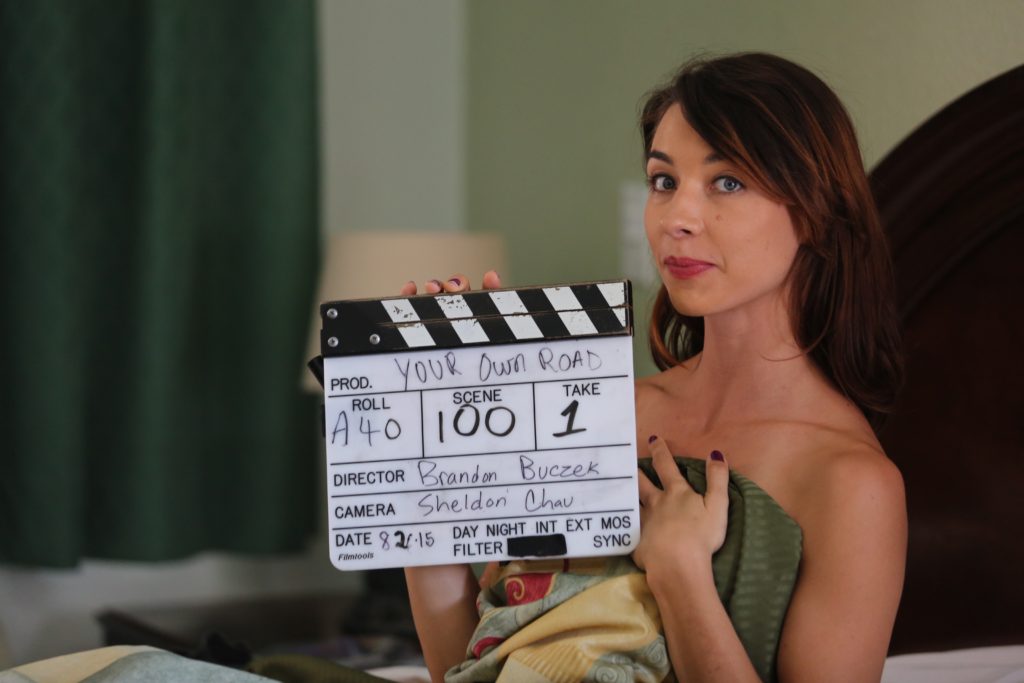 TrunkSpace: So if someone came along and gave you 20 million dollars tomorrow to produce your own starring vehicle, what type of project would you develop for yourself?
TrunkSpace: So if someone came along and gave you 20 million dollars tomorrow to produce your own starring vehicle, what type of project would you develop for yourself?
Palm: A few years ago myself would say something like “Underworld” or “Resident Evil” or “Tomb Raider.” Something like that. And I would use practical effects and stages. I have a theater background so I would prefer to use a soundstage. I don’t want to waste materials though, so if we had the opportunity to go out on location, that’s great, but I don’t want any green screens or a lot of CGI. I’d like to do mostly everything with practical effects. And with that kind of a budget, you’re allowed that opportunity to play more with the practical effects and your props and things like that, which I really like. So, that’s my old self. I mean, I still kind of want that. I really like that superhero… the femme fatale, the woman who is in charge and on top and can do all of her own stunts and really cool scenes like that.
But, myself right now? I’m vibing more towards something that would be more profound in a way that’s more enlightening for humanity. I would like to make something very beautiful… something along the lines of “Moonlight” where it touches on a subject that people are sort of closed off too. I would really like to do something that represents unity and compassion for all earthlings, in a way that’s sort of on an indie scale.
TrunkSpace: And going back to what we were talking about, those are the films that are unfortunately not made enough these days. Or if they are, they don’t get the attention.
Palm: They don’t get the attention. Definitely not. But they will touch those few people that actually watch it and that’s what I want. My “Female Fight Club” costar and I, Amy Johnston, we made a video that represents unity and how we are literally all made of the same elements. The same five major elements that our bodies are made up of, is what the earth is made up of. It’s the elements that are in the universe and it’s such a beautiful thing to know that we’re all connected. It doesn’t just stem to humans. It’s plants and animals as well. I feel like we’ve all lost that. We can see it in the animated films like Disney movies and things like that, but I think we’ve just lost that sense, you know? It’s all about instant gratification and “me” and “how can I get on top” and “who can I step on to get there.” I just really want to make a movie that can inspire people to better understand a collective conscious thinking and an enlightened way of life.
TrunkSpace: You are someone who is not afraid to speak her views and opinions on things, whether it’s here with us or on social media. That being said, it seems like a rough time to do that because of how divided everybody is and how willing people are to jump on others for speaking their mind. Is it scarier to express yourself these days with that in mind?
Palm: It’s an interesting thought process that you have because I totally see where you’re coming from, but from my perspective, I’ve been that way since I was young. I’ve always been outspoken. I’ve always stood up for the underdog. I’ve always tried to promote unity. I’ve always been that way since I was a kid.
Palm’s latest movie, “The Dark Tapes” is available now on video on demand.


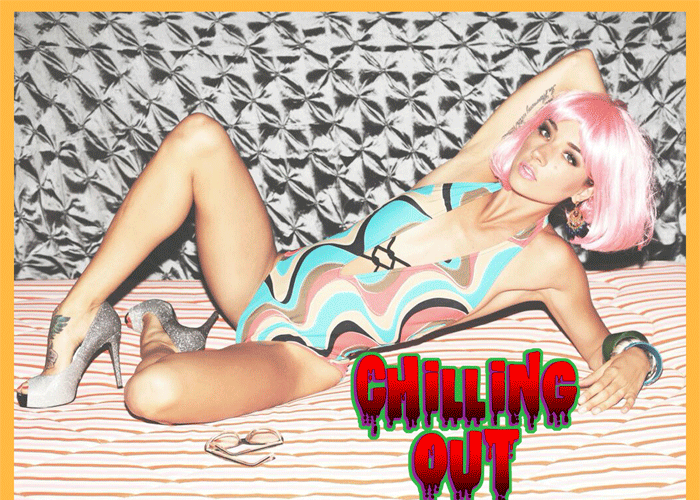
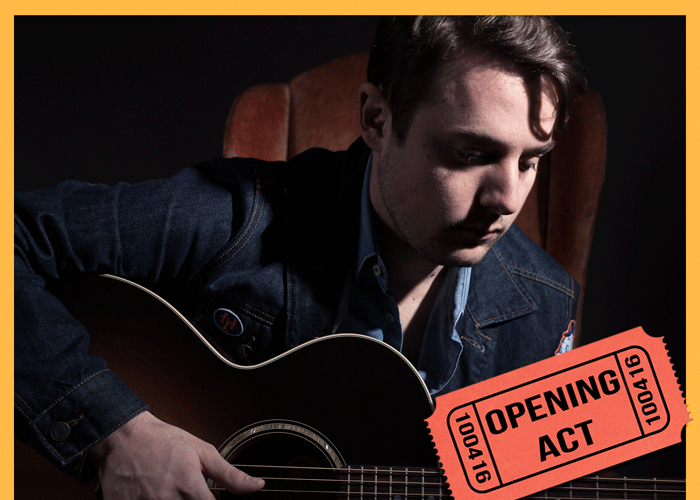
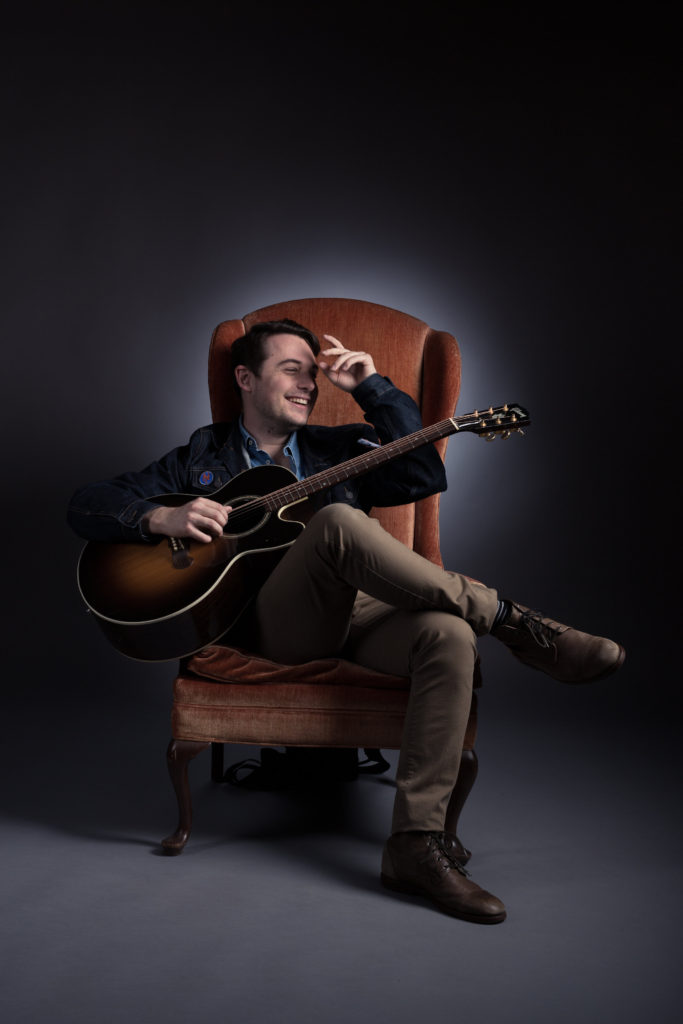 Artist/Band
Artist/Band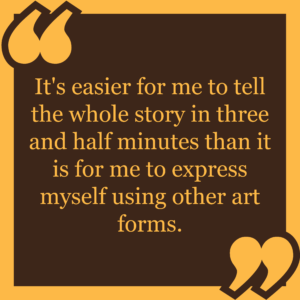 the noise of everything else in order to have people pay attention.
the noise of everything else in order to have people pay attention.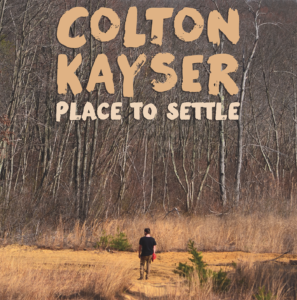 Asbury Park can definitely sustain itself. The money has moved in. If you had told me as a kid that I would be hanging on Cookman Ave. at night, I would have laughed at you. I think artists may be priced out of living there at some point, but there’ll always be places to play, record, and grow.
Asbury Park can definitely sustain itself. The money has moved in. If you had told me as a kid that I would be hanging on Cookman Ave. at night, I would have laughed at you. I think artists may be priced out of living there at some point, but there’ll always be places to play, record, and grow.
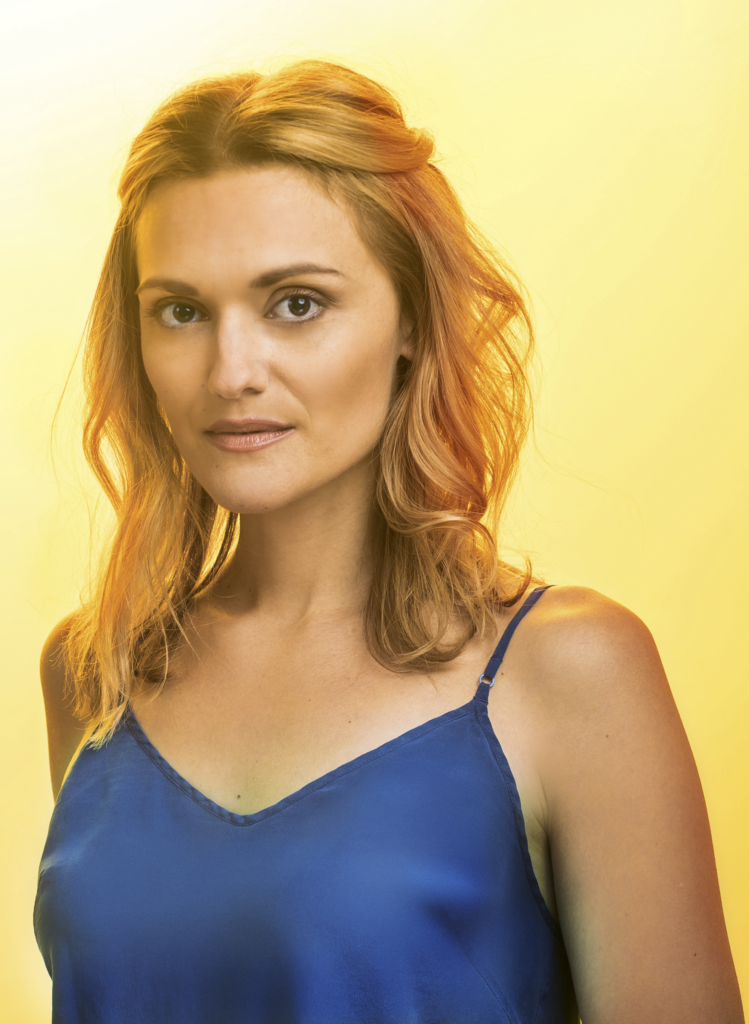
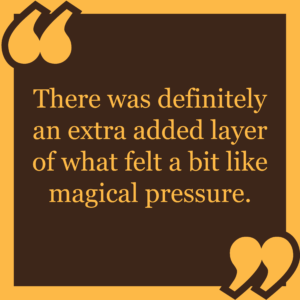 project that I do… I love the work always and it’s always special, but it was definitely tinged with an extra layer of… it was a really special room to be in.
project that I do… I love the work always and it’s always special, but it was definitely tinged with an extra layer of… it was a really special room to be in.
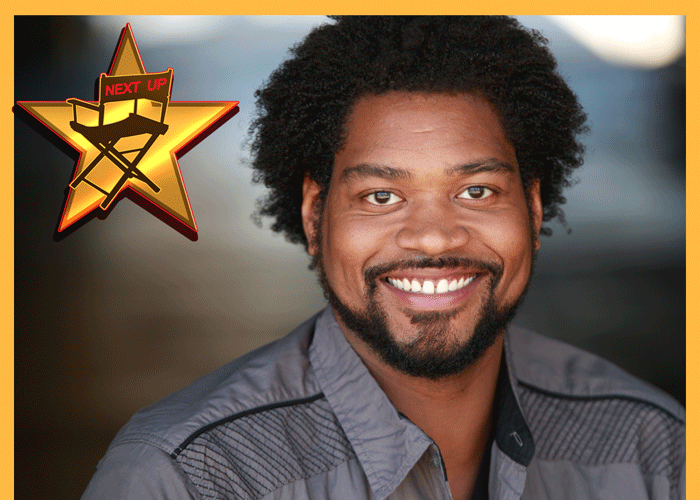
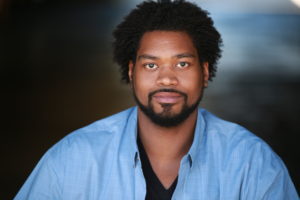 Name: Dean Sharpe
Name: Dean Sharpe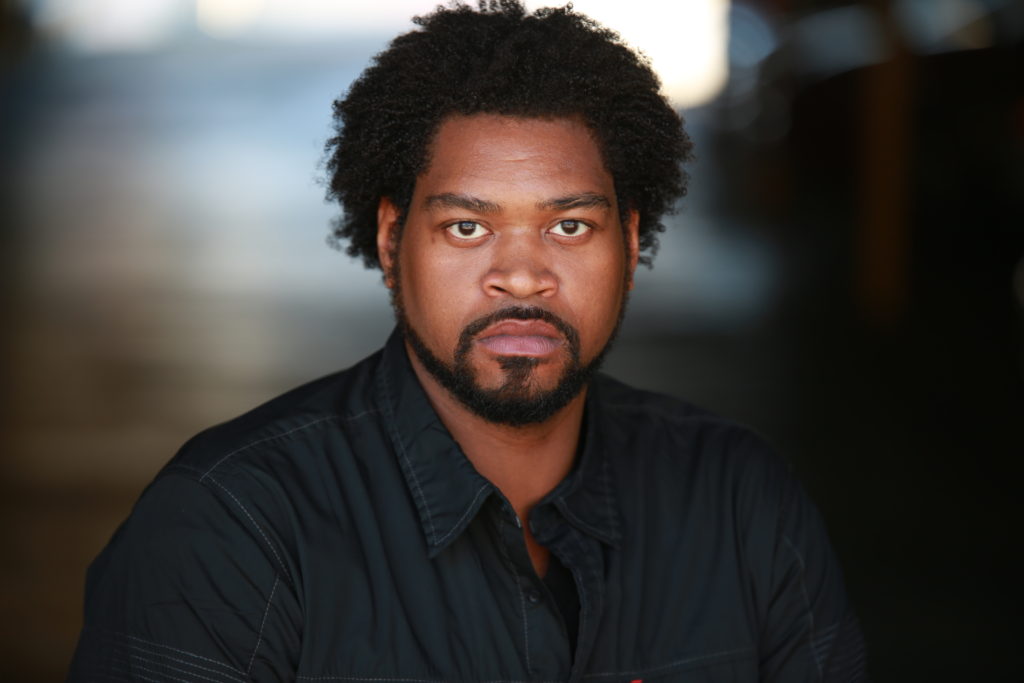
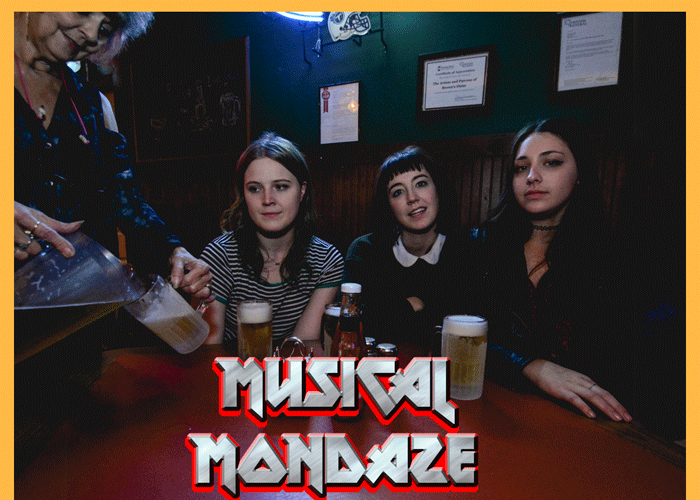
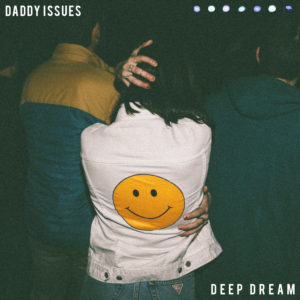 You don’t have to be in a funk just because it’s (feeling like) Monday. Instead, get funky.
You don’t have to be in a funk just because it’s (feeling like) Monday. Instead, get funky.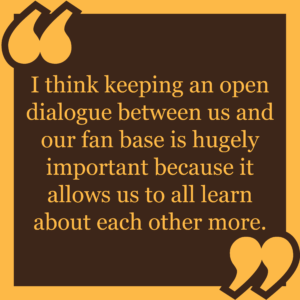 say stuff and a lot of bands are realizing that too. No matter how big your fan base is, just impacting one person’s life is so important. You can’t really stay quiet.
say stuff and a lot of bands are realizing that too. No matter how big your fan base is, just impacting one person’s life is so important. You can’t really stay quiet.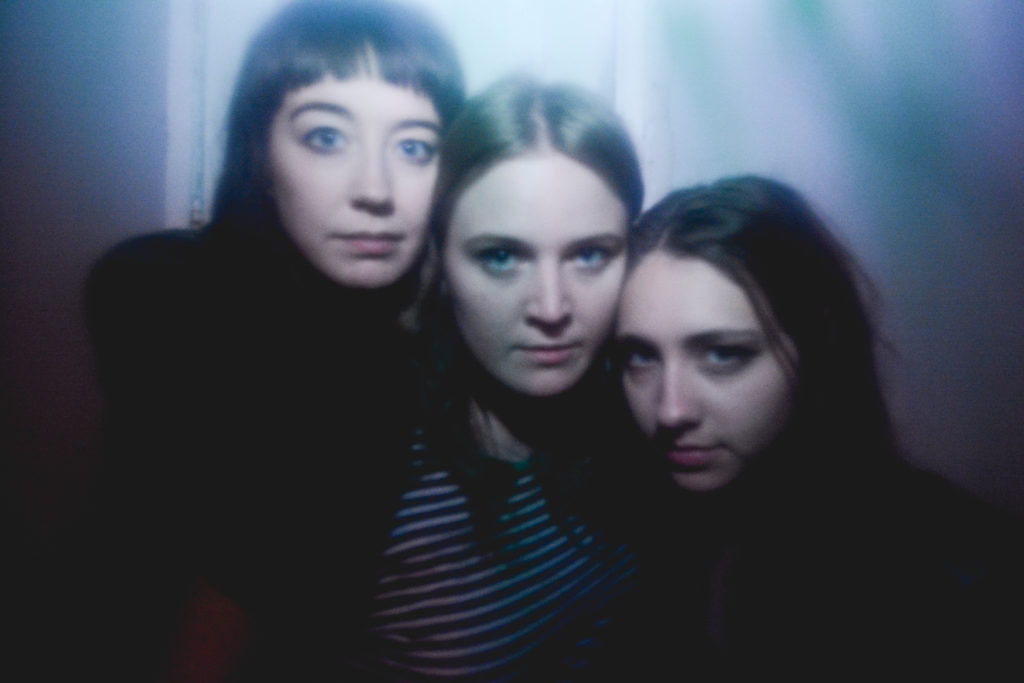
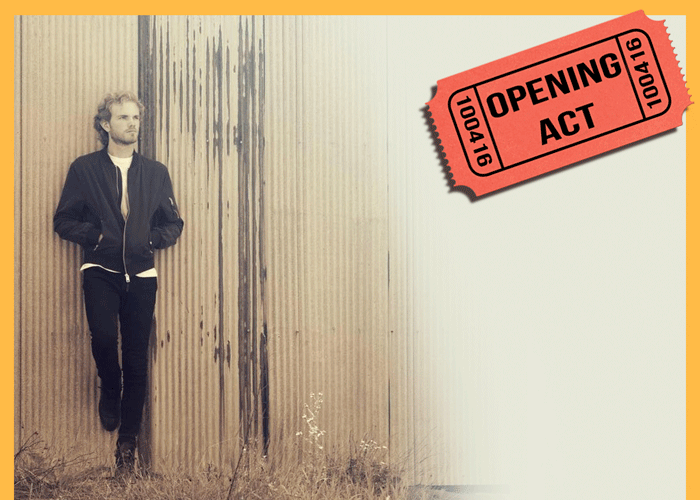
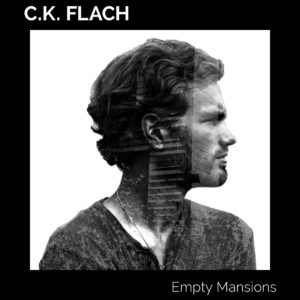 Artist/Band: C.K.Flach
Artist/Band: C.K.Flach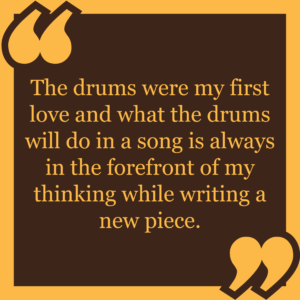 fear of saying too much about yourself in a public platform?
fear of saying too much about yourself in a public platform?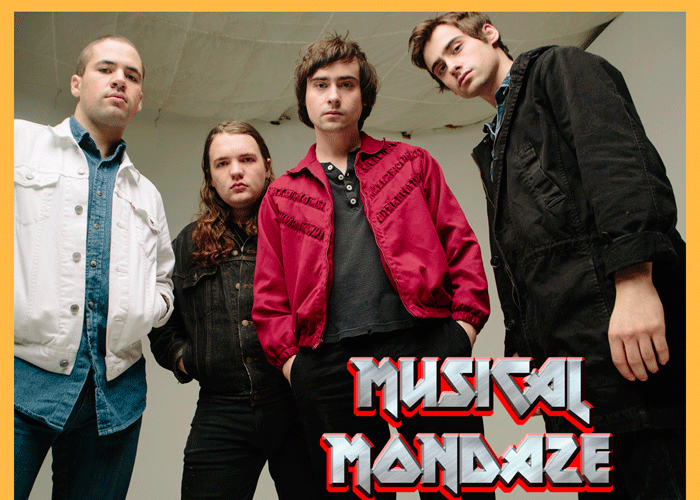
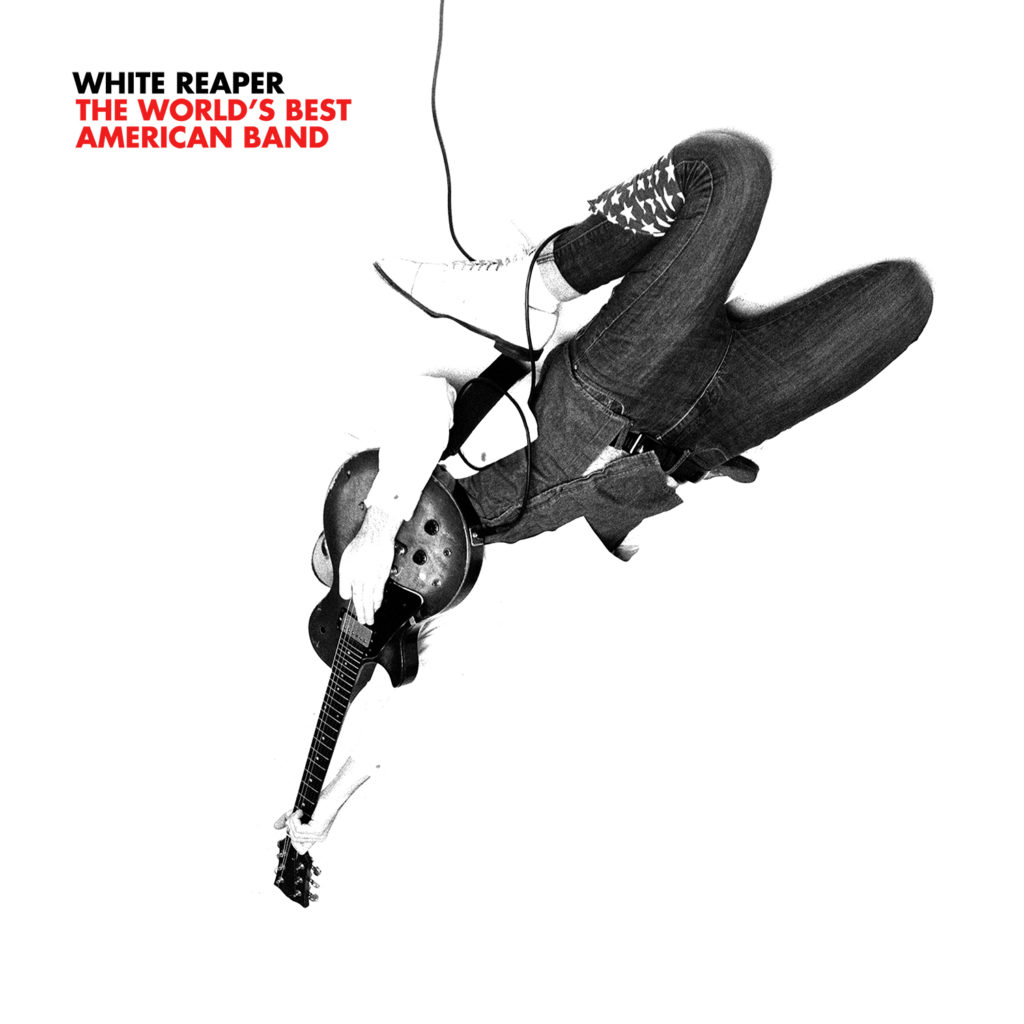 You don’t have to be in a funk just because it’s Monday. Instead, get funky!
You don’t have to be in a funk just because it’s Monday. Instead, get funky! more… it’s a little faster from adrenaline. Maybe a little louder. It’s rowdier to see it at a show than to just kind of listen to it on your own. The songs are so much fun to play.
more… it’s a little faster from adrenaline. Maybe a little louder. It’s rowdier to see it at a show than to just kind of listen to it on your own. The songs are so much fun to play.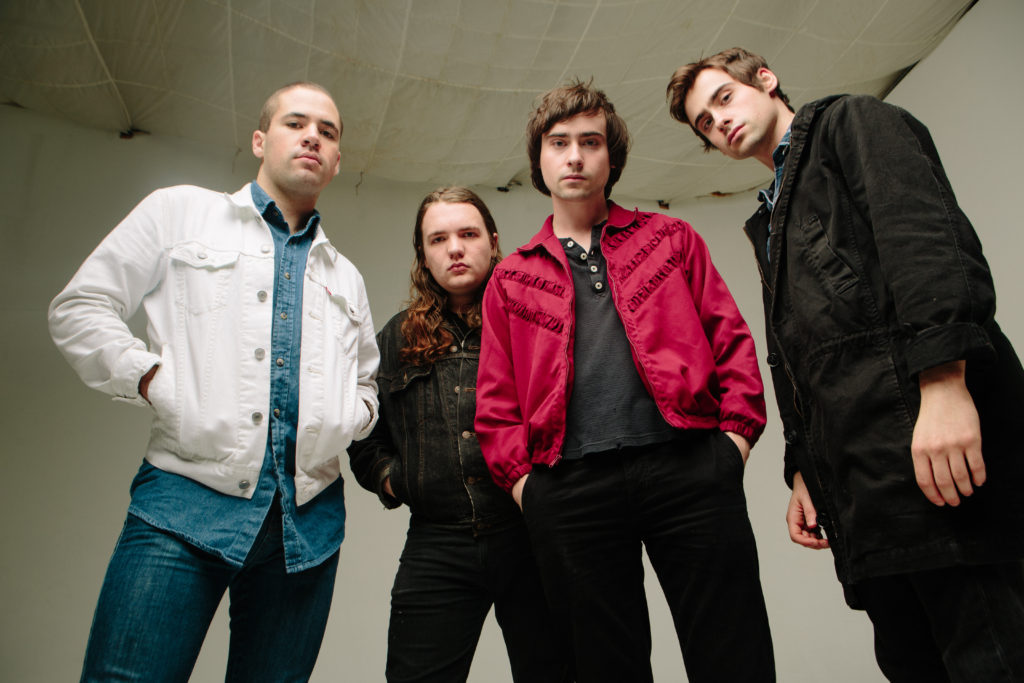

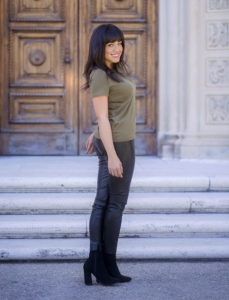 Name: Jessica Velle
Name: Jessica Velle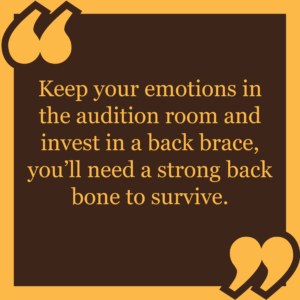 and in film. I was really shy as a child at first and I could make a room laugh, but the minute I’d be in front of a camera (with me knowing) I’d get really nervous and freeze up. In the beginning it made it really hard for me in the audition room. Casting directors loved me but would in the end say, “She’s not ready.” After a couple years I started getting involved in acting workshops and worked with different acting teachers and it broke me out of my shell. I learned to love the camera.
and in film. I was really shy as a child at first and I could make a room laugh, but the minute I’d be in front of a camera (with me knowing) I’d get really nervous and freeze up. In the beginning it made it really hard for me in the audition room. Casting directors loved me but would in the end say, “She’s not ready.” After a couple years I started getting involved in acting workshops and worked with different acting teachers and it broke me out of my shell. I learned to love the camera. TrunkSpace: What would you say is the greatest strength an actor/actress can have outside of acting ability itself?
TrunkSpace: What would you say is the greatest strength an actor/actress can have outside of acting ability itself?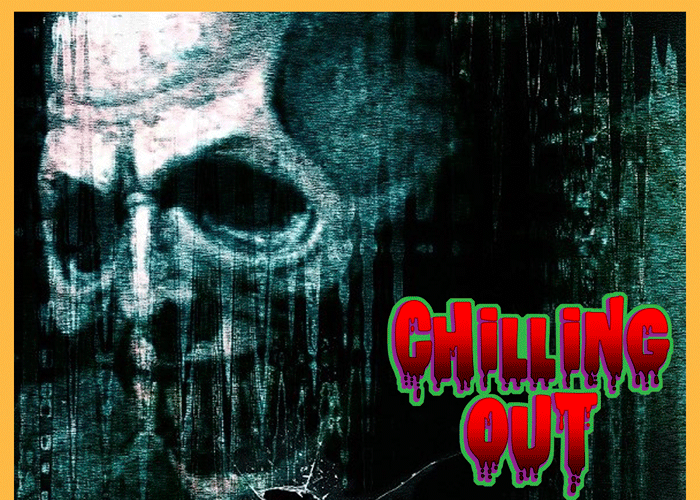
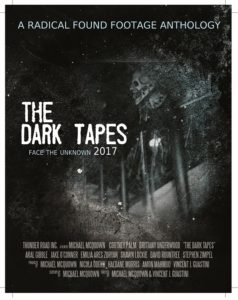 Chilling Out is where TrunkSpace talks all things horror and genre with those who work in the projects that give us the thrills and chills to keep coming back for more. This time out we’re talking with Michael McQuown, writer, producer, and director of “The Dark Tapes,” a found footage horror/sci-fi mashup that has been scaring up fans on the festival circuit.
Chilling Out is where TrunkSpace talks all things horror and genre with those who work in the projects that give us the thrills and chills to keep coming back for more. This time out we’re talking with Michael McQuown, writer, producer, and director of “The Dark Tapes,” a found footage horror/sci-fi mashup that has been scaring up fans on the festival circuit.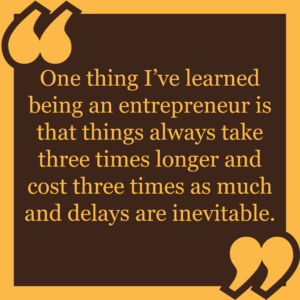 you’re sitting through the first 40 to 60 minutes with not much happening.
you’re sitting through the first 40 to 60 minutes with not much happening.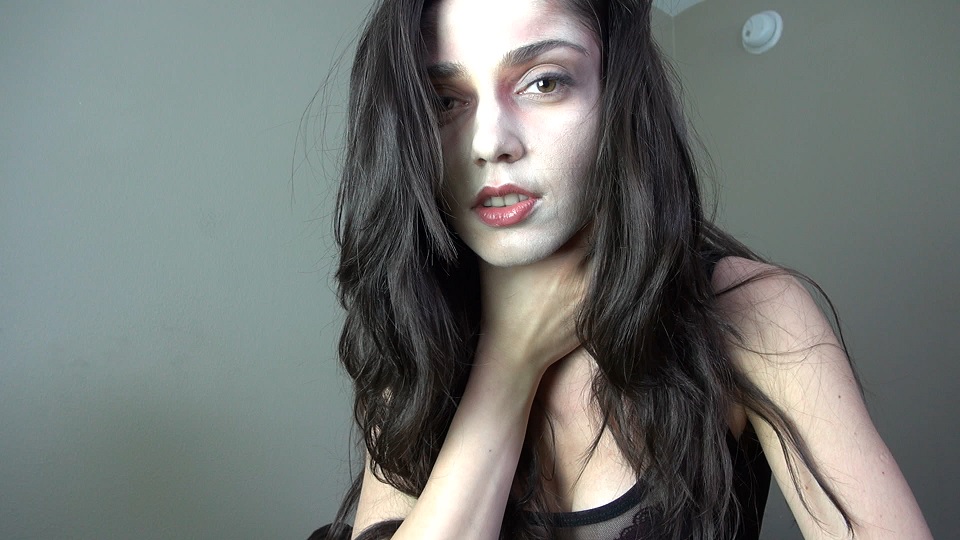
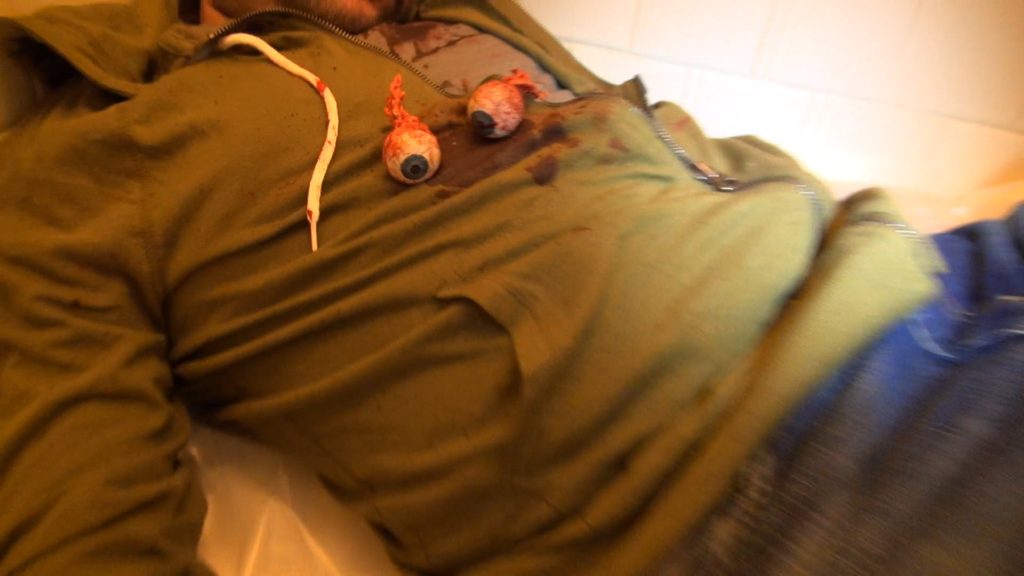
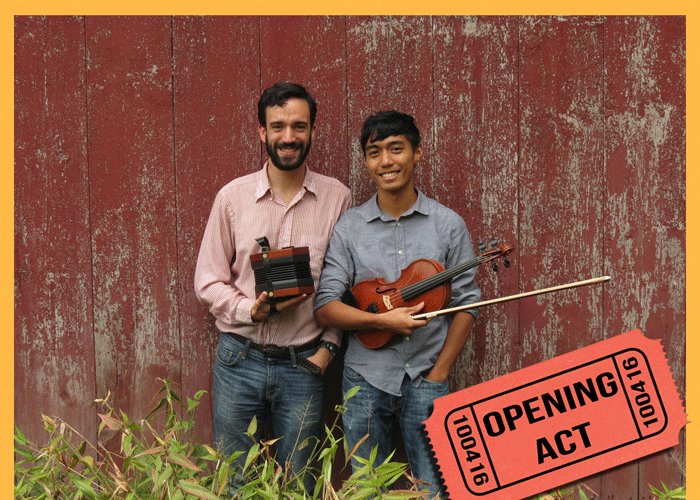
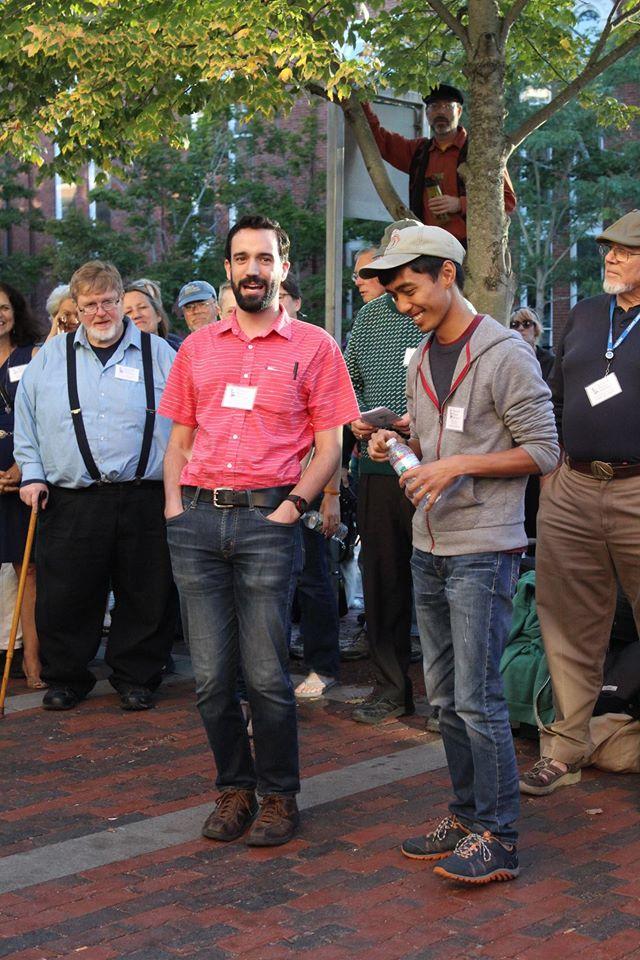 Artist/Band:
Artist/Band: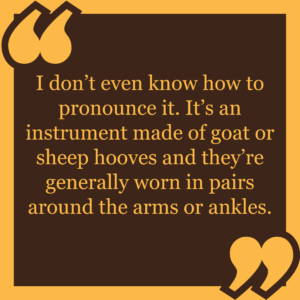 instruments and save money.
instruments and save money.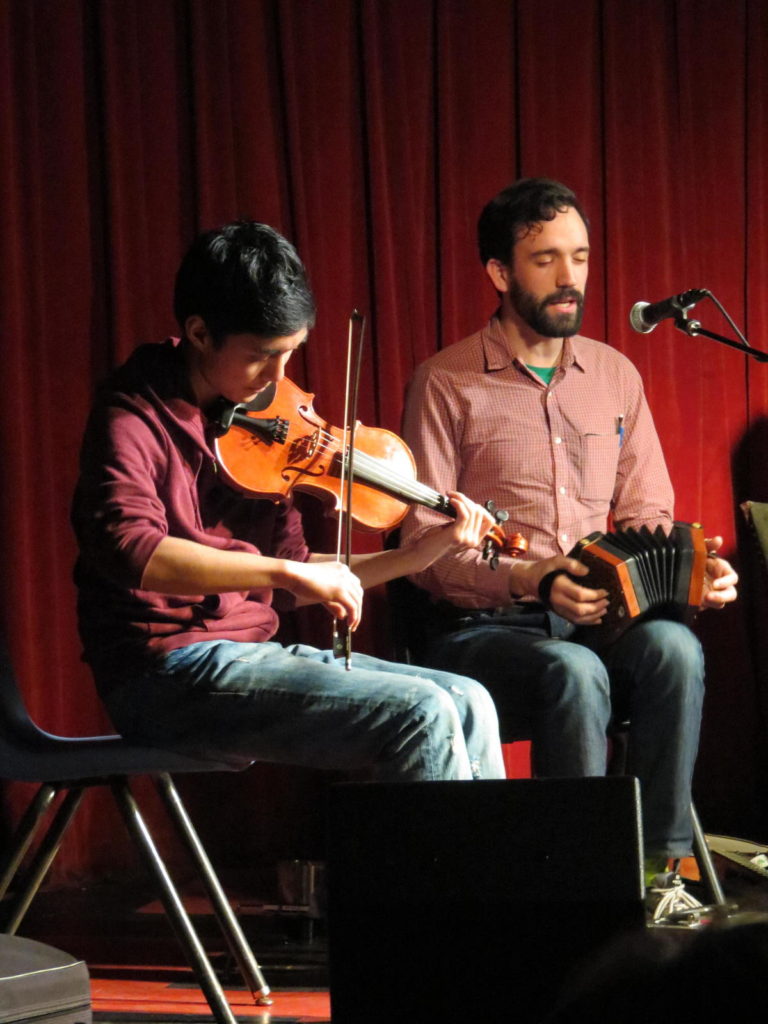 Today Providence is rich with a variety of music, and more importantly, musicians who respect and support the art of others and are willing to collaborate. Wikipedia will tell you that Providence’s main musical export is noise rock, but I can tell from experience that the city is teeming with good singers, songwriters, and instrumentalists. What’s truly wonderful about the music scene here is how different styles intermingle. You might go to a show at a local venue like AS220 or Aurora or The Parlour and listen to something as staunchly traditional as a solo oud player, followed by a local singer-songwriter duo, and then an acoustic metal doom band.
Today Providence is rich with a variety of music, and more importantly, musicians who respect and support the art of others and are willing to collaborate. Wikipedia will tell you that Providence’s main musical export is noise rock, but I can tell from experience that the city is teeming with good singers, songwriters, and instrumentalists. What’s truly wonderful about the music scene here is how different styles intermingle. You might go to a show at a local venue like AS220 or Aurora or The Parlour and listen to something as staunchly traditional as a solo oud player, followed by a local singer-songwriter duo, and then an acoustic metal doom band.